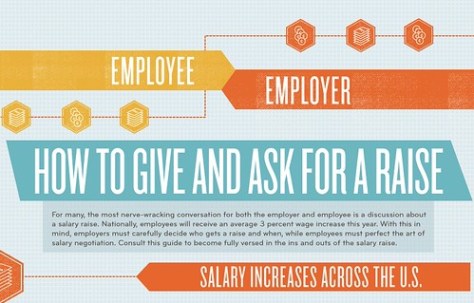We live in a world filled with text messages, emails and social messages, and since we’re using these mediums at a rapid pace, we tend to put grammar on the backburner. While you may think that intertwining they’re, their and there may not be a big deal, there are actually plenty of disadvantages to using poor grammar in the workplace.
You will not come off as a professional.
When you work, you need to think and act like a professional, and this includes writing like one. When you use correct grammar, your readers will think of you as a professional, but if your writing contains a multitude of major grammatical errors, your readers will not take you seriously, and they certainly will not think of you as a professional.
You could cause confusion.
When you don’t use correct grammar, it’s possible that you will confuse your readers. Depending on the topic or the type of writing being done, this confusion can be very damaging to your career or your company. If your writing confuses other employees about their job responsibilities or the deadlines to their projects, you could end up trying to make major corrections at the eleventh hour. This could be avoided if your grammar was correct in the first place.
You don’t exude quality.
You want your clients, coworkers and bosses to think of you as someone who produces quality work. If your emails are full of misspellings and improper grammar, it’s not going to convey this message. Instead, these individuals will wonder how they can trust you to do a flawless job when you can’t even structure a sentence correctly. This could cause your clients or bosses to look elsewhere when it comes time to having a project completed.
You could get passed up for a promotion.
If you don’t have proper grammar in the workplace, it could look poorly enough on you that you are not considered for a promotion. Many companies are starting to crack down on the grammar of their employees, and if it’s not up to par, the employees are not reaping any rewards, including promotions. Employers look very highly on the use of correct grammar, especially when conducting business with clients. They believe that the way that you communicate is a reflection of the company, and if your communications with clients are filled with misspellings and improper grammar, it’s going to look poorly on the company as a whole. Your employer will blame you for this, and you could find yourself remaining in the same position for the rest of your career.
Grammar plays a bigger role in business than you may want to believe. Even if you’re rushing through email responses, you need to take the time to read through what you’re writing and give it the proper proofreading. You need to make sure that your writing is clear so that everyone who reads it will be on the same page. And most importantly, you want to make sure that it’s correct so that it reflects highly on you.
Garrett Payne is a grammar fanatic and prolific writer. He constantly stresses the importance of correct grammar and grammar checking in the workplace.






